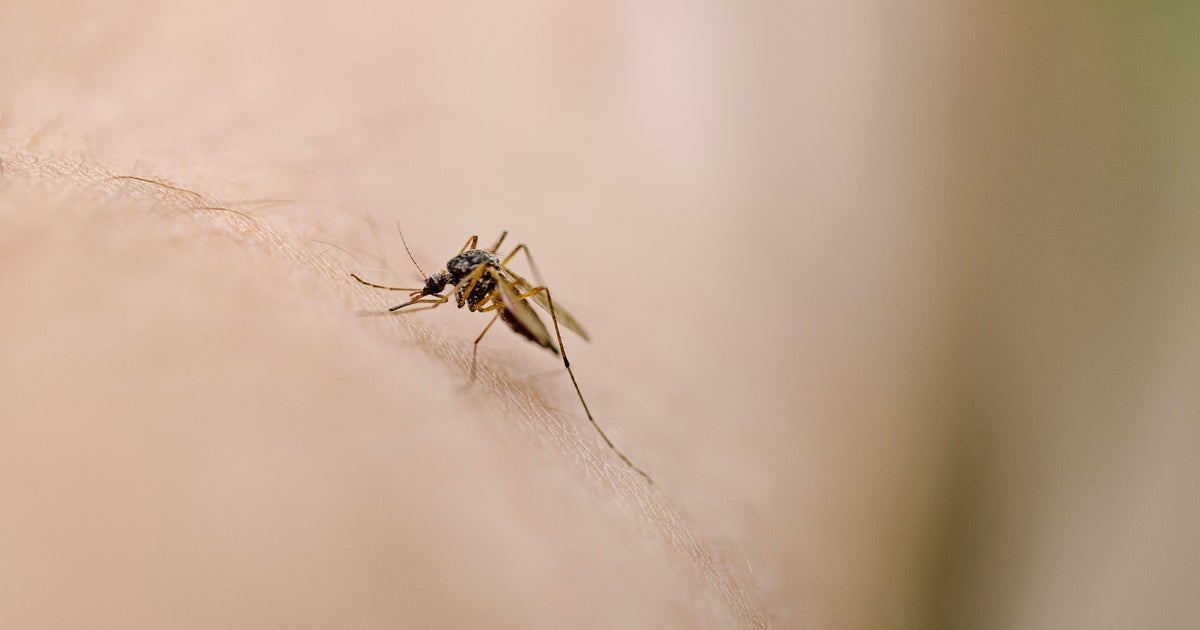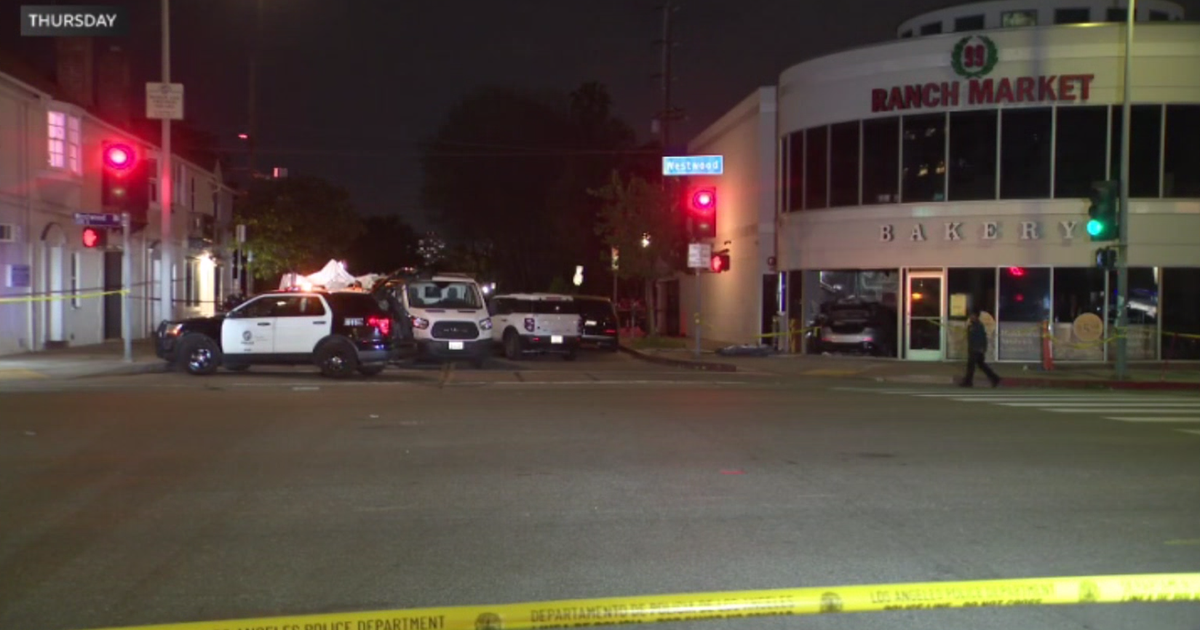NYC Launches Mosquito Information Website In Battle Against Zika
NEW YORK (CBSNewYork) -- The New York City Department of Health and Mental Hygiene has launched a new, interactive mosquito information website as part of its three-year, $21 million effort to keep the Zika virus from spreading.
As CBS2's Alice Gainer reported, the new online tool shows New Yorkers exactly where mosquito surveillance and control operations are happening across the city, as well the mosquito count and recent mosquito control events by neighborhood.
"Every day, members of our mosquito control team are collecting surveillance traps, investigating complaints of standing water, and using our tools to reduce the mosquito population," city Health Commissioner Dr. Mary T. Bassett said in a statement.
The website includes interactive maps showing where the city is releasing pesticides. This week, residents in two dozen Brooklyn and Queens neighborhoods can expect to see Health Department trucks spraying for the mosquitoes that are known to carry Zika.
Dan Kass, Health Department Deputy Commissioner for Environmental Health, explained how the maps work.
"Someone can zoom in and get a sense of what's been happening over the past week -- where have we responded to complaints? Who has received notices of violation for not addressing standing water; where we've applied larvicide; where we've applied adulticide for mosquitoes that are biting?"
The Health Department traps and tests the mosquitoes, and as of Aug. 11, no mosquitoes with Zika had been found. Kass emphasized that the Aedes aegypti mosquito, which most effectively transmits Zika, is not found in the New York City area.
Still, 483 people in New York City have been diagnosed with Zika, and 49 of them have been pregnant. Health Department officials said all the local cases are travel-related.
"There has been no local transmission," Kass said. "We're really concerned for the potential for it here, which is why we're stepping up our mosquito control program."
The new Zika website is part of the three-year, $21 million plan to fight Zika in New York City.
ZIKA INFORMATION FROM THE CDC: Basics | FAQ | Info For Pregnant Women | Symptoms, Diagnosis & Treatment | More Info | 10 Facts About The Zika Virus
Mayor Bill de Blasio said he hopes for help from the federal government.
"We're going to keep doing what we need to do and spending the money that we need to spend, but we're expecting the federal government to be a partner," Mayor Bill de Blasio said last week.
He urged Congress to return from its recess to authorize $1.9 billion in funding to fight the Zika virus on a national level.
"This is an international health crisis, the responsibility of the federal government," he said. "Just like an international security threat would be the responsibility of the federal government."
Zika primarily spreads through bites from mosquitoes, but can also be sexually transmitted. Most people won't even know they have been infected by Zika because it often causes no symptoms at all or just mild symptoms.
De Blasio said the number of Zika infections diagnosed in New York City will be rising.
"Even as our local mosquito season ends at the end of October, beginning of November, we still expect to see those numbers rise because of travel," de Blasio said.
For those who do have symptoms, the most common include fever, rash, joint or muscle pain, conjunctivitis – also known as pink eye – and a headache. The symptoms usually last just a few days to a week.
The real issue is for pregnant women who are at greatest risk because the virus can cause devastating birth defects such as microcephaly, where the baby's brain fails to develop normally.
Spraying in Brooklyn and Queens will begin at 10 p.m. Tuesday and will last through 6 a.m. Wednesday.
As officials ramp up their efforts in New York City, concern is spreading in parts of Florida after Miami Beach and the Wynwood neighborhood of Miami were designated Zika zones. The health department there is giving out free bug spray ahead of students returning to class Monday. Schools were also providing protective uniforms of long sleeves and pants.
The Centers for Disease Control is urging women who are pregnant, plan to get pregnant and their partners to postpone travel to the affected areas.
Experts predict the Zika virus could be around for another year to two years. Scientists at the National Institute of Health are already testing a vaccine.
Meanwhile, New York City health officials do not want people to forget about the West Nile virus either. Though no mosquitoes trapped in the five boroughs tested positive for Zika, but 141 traps had West Nile.
Still, that number is down from years past.







